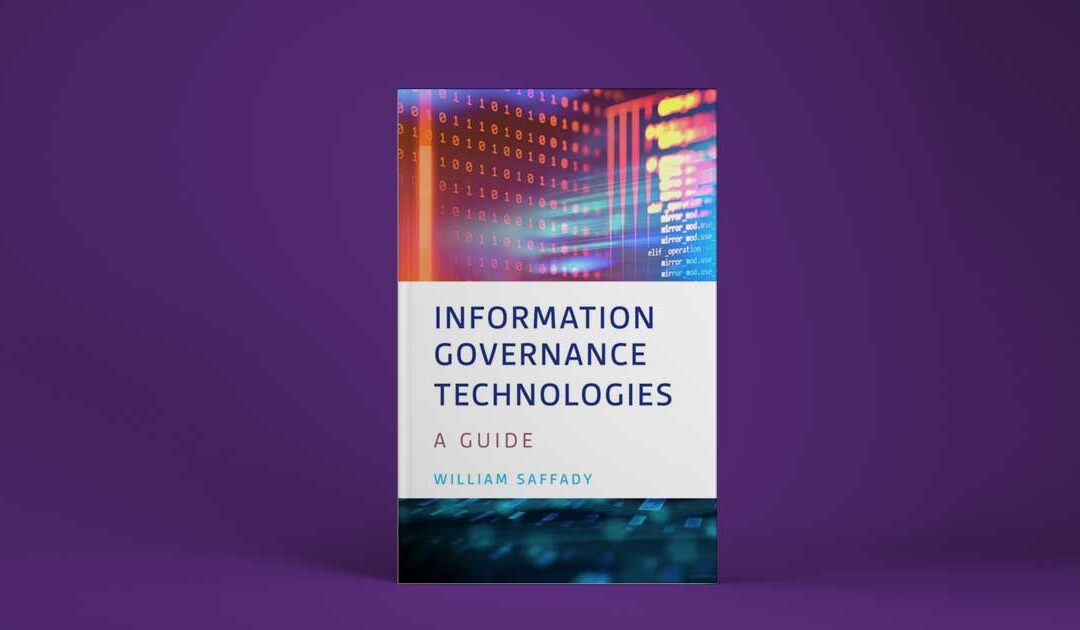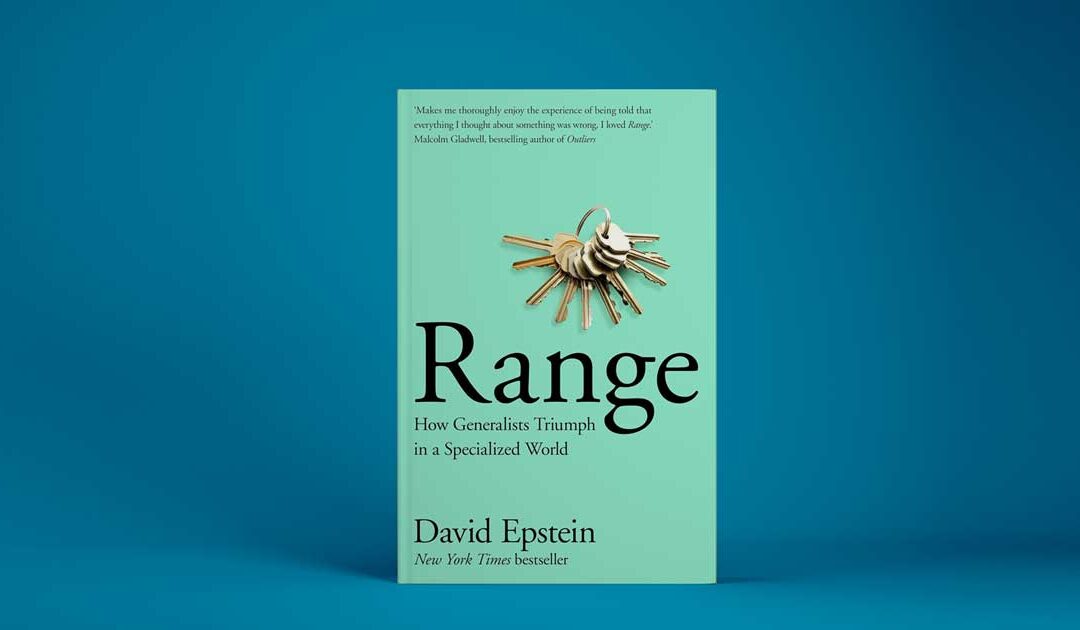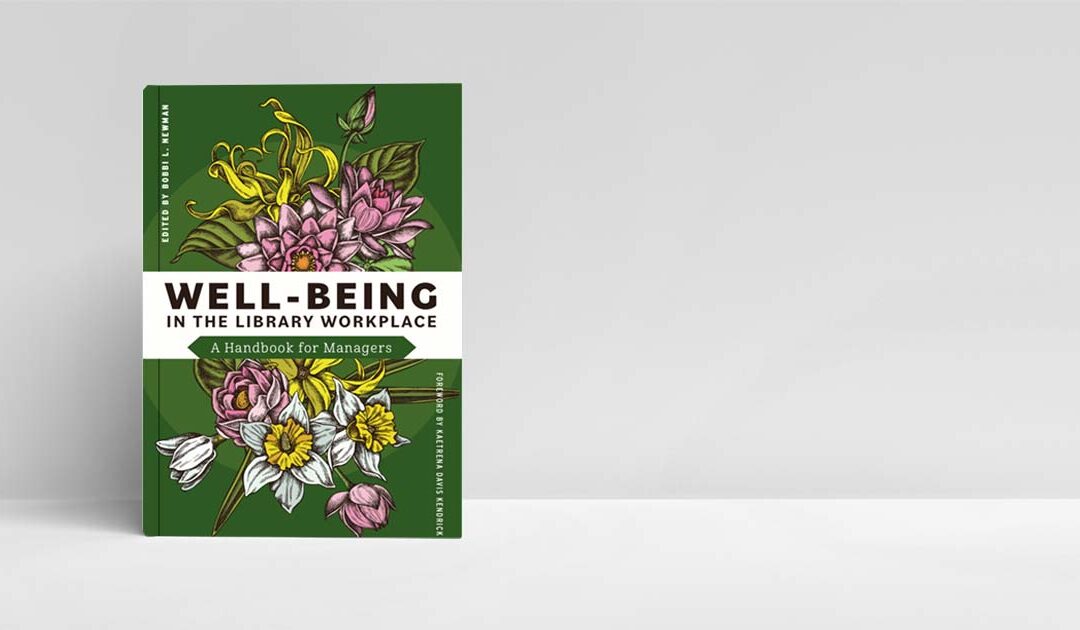As generative AI becomes more prevalent, copyright law is evolving to address its impact. A new report from the U.S. Copyright Office provides guidance on what is (and isn’t) copyrightable.


As generative AI becomes more prevalent, copyright law is evolving to address its impact. A new report from the U.S. Copyright Office provides guidance on what is (and isn’t) copyrightable.

Technology is at the heart of modern information governance, shaping how organizations manage records and ensure compliance. In this interview, expert William Saffady shares insights on the essential technologies driving the field and what information professionals need to know.

Lauren Hays explores “Range: How Generalists Triumph in a Specialized World” through a librarian’s lens, reflecting on the role of broad knowledge in critical thinking and problem-solving.

Enjoy Lauren Hays’ interview with Bobbi L. Newman on why workplace well-being matters, how managers can drive meaningful change, and what steps libraries can take to create a culture of trust and support.
Due to the rise of artificial intelligence (AI), information professionals must evolve their teaching and training approaches as technology reshapes the information landscape, because AI has transformed what it means to be information literate.
Becky Givens is a Technical Services Librarian featured in the book Careers in Library and Information Services, which includes a section on careers in special libraries where librarians describe the work they do in various settings. My interview with Becky is below.
Special librarians know searching the Internet answers specific questions, but you miss or misinterpret information if you only consult the Internet.
Dr. Jae Rossman wrote Access to Special Collections and Archives, available now from Rowman and Littlefield. The book is an excellent resource for special librarians who work with special collections and archival materials.
Dr. Patricia Franks is the author of Records and Information Management, now with an upcoming third edition to be published by ALA Neal-Shuman in the spring of 2025. My interview with her follows.
Researchers must take responsibility for understanding how GenAI works and closely review literature search results before relying on them. Let’s take a look at three major drawbacks for researchers and special librarians to consider when leveraging or recommending GenAI platforms.
When GenAI first became widely available, there was a great deal of discussion about how it would “hallucinate”—that is, make up content and sound very sure of itself when doing so.
Many different types of libraries have digital components, and it is important to get those digital collections in front of stakeholders.
Alexandra Wieland and Corinne Rogers co-edited Archival Science in Interdisciplinary Theory and Practice. My interview with them is below.